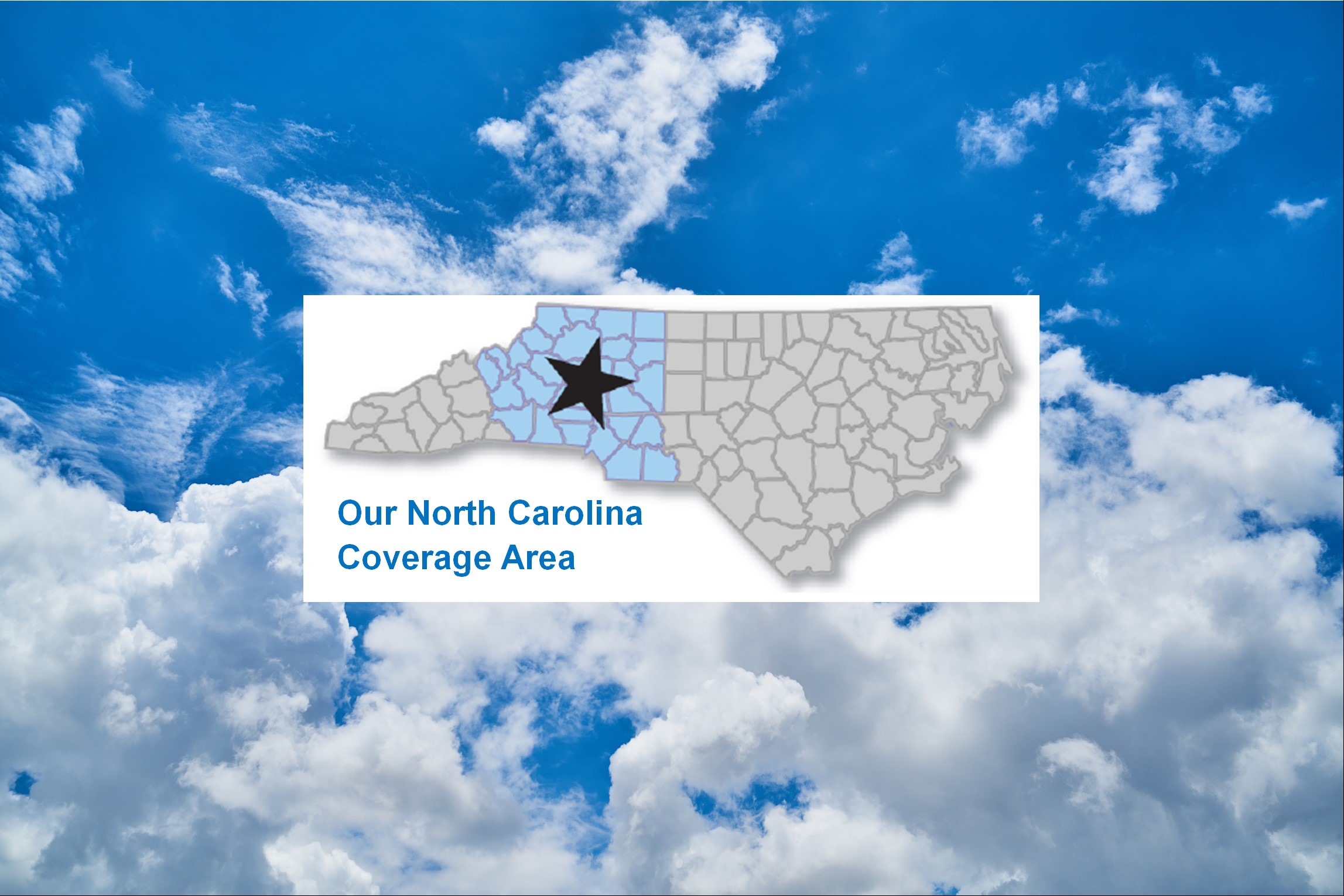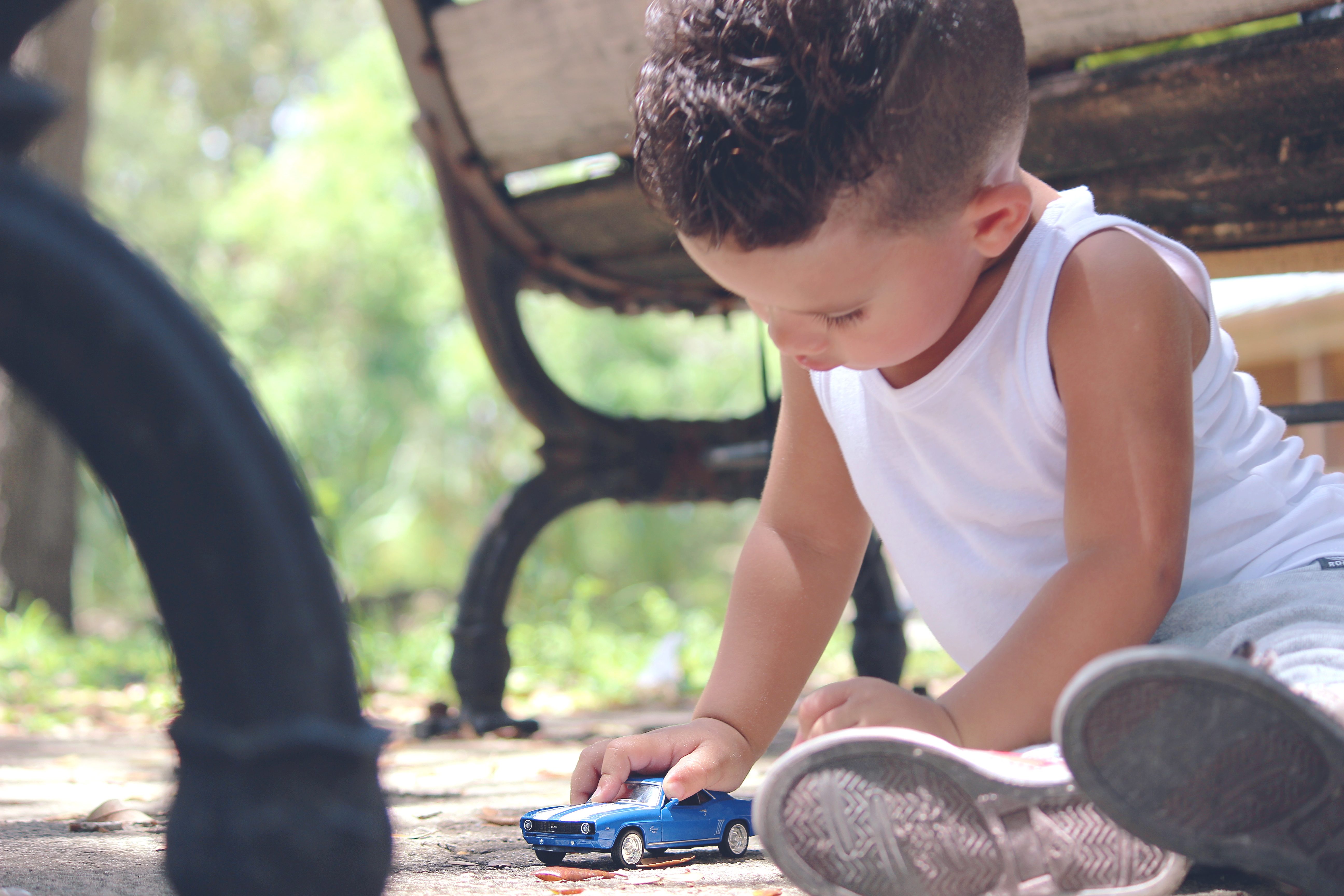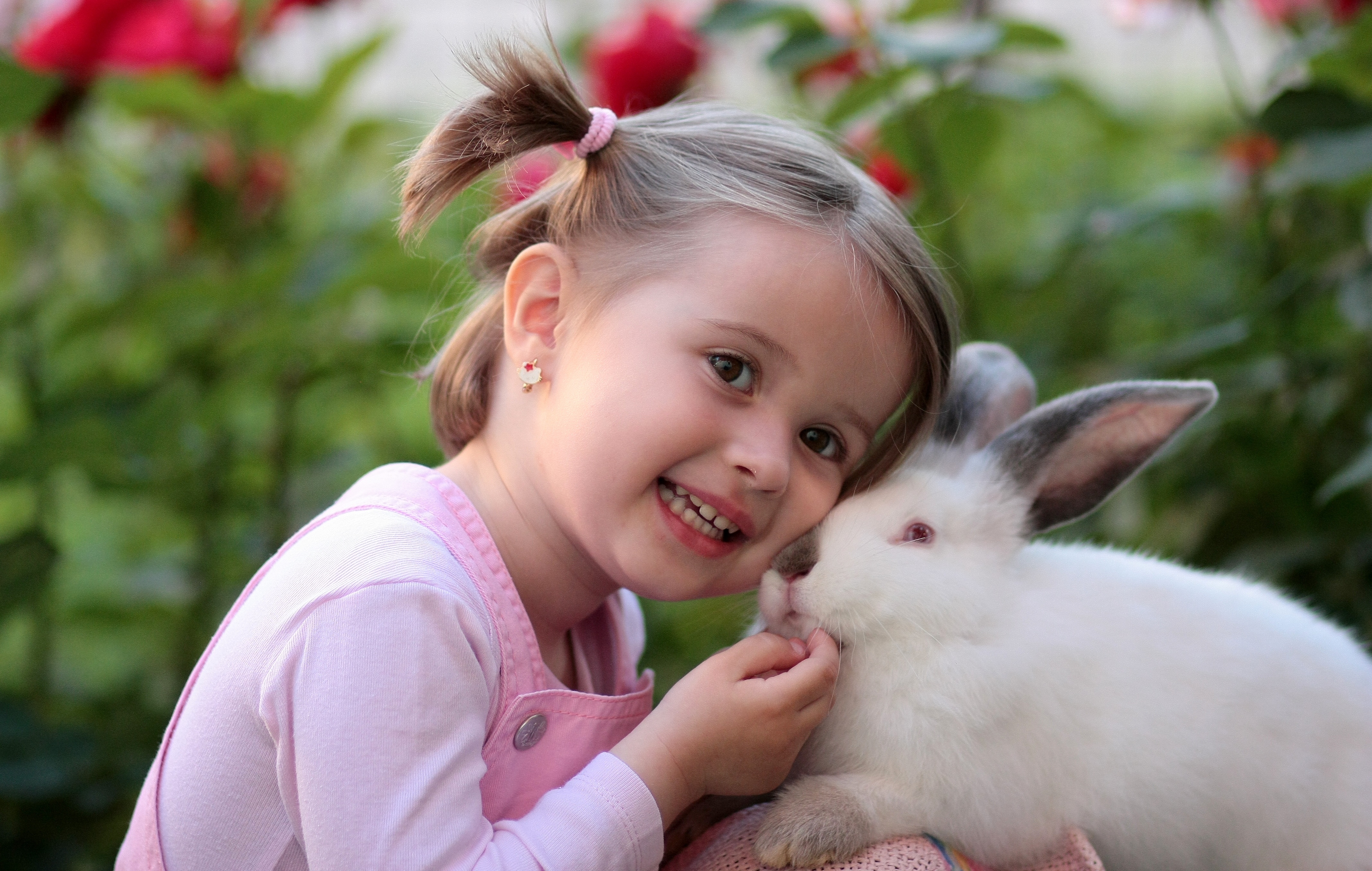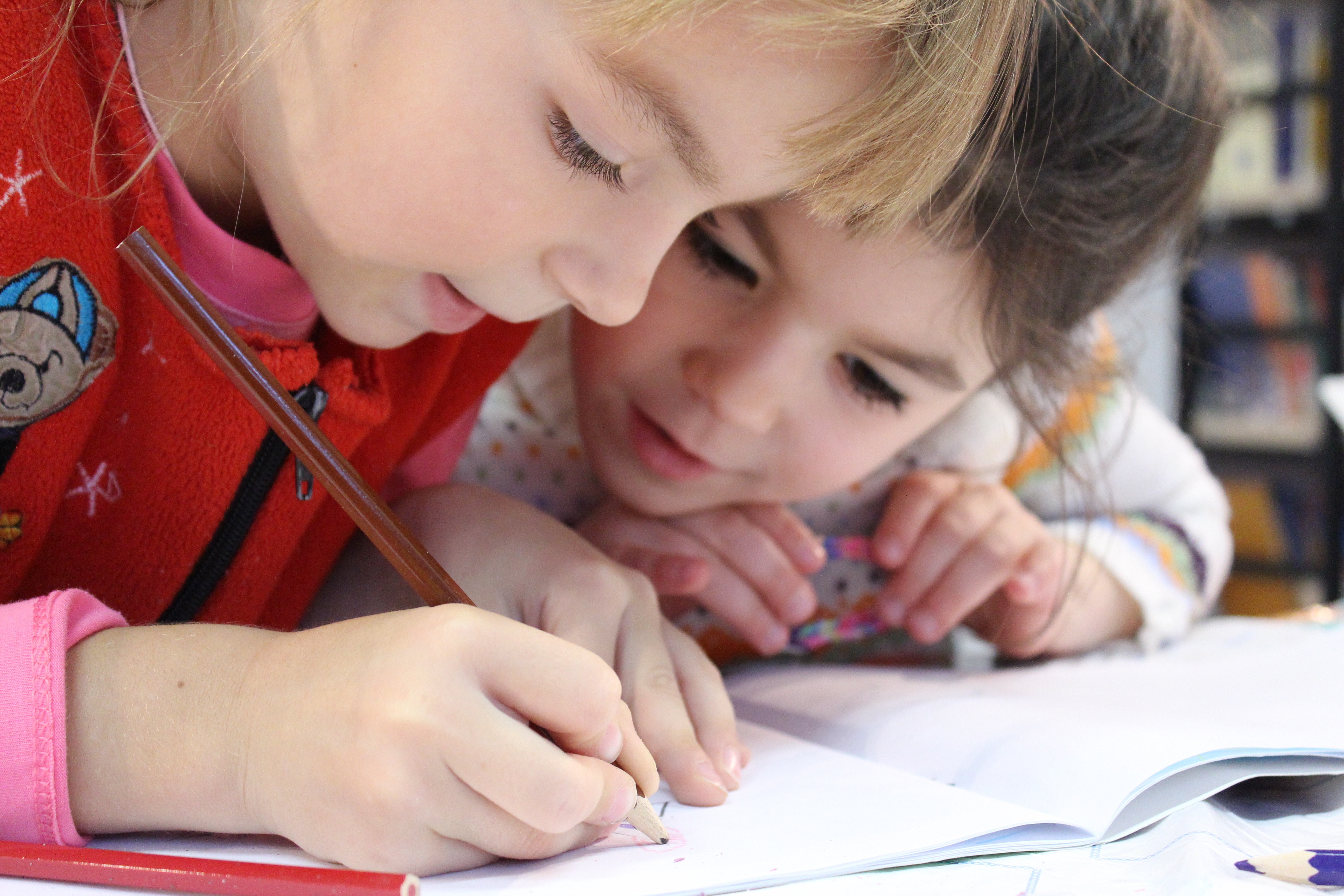





How to know when services are needed?
DEVELOPMENTAL MILESTONES
Developmental milestones are identifiable skills that can serve as a guide to normal development. There is a general age and time when most children pass through these periods. These milestones help doctors and other health professionals determine when a child may need extra help to learn to speak or to use language. Use the table below to determine if you or someone you know could benefit from a FREE in-office screening.

- Reacts to loud sounds.
- Turns head toward a sound source.
- Watches your face when you speak.
- Vocalizes pleasure and displeasure sounds (laughs, giggles, cries, or fusses).
- Makes noise when talked to.
- Cooing: 3 Months
- Ah-goo: 4 Months
- Laughing: 4 Months
- Razzing: 6 Months
- Dada (nonspecific): 7 Months
- Mama (nonspecific): 8 Months
- Dada/Mama (specific): 9 Months
- Gestures: 9 Months

- Responds to name.
- Understands “no”.
- Understand simple directions with gestures.
- Imitates familiar words.
- Waves good-bye and plays pat-a-cake.
- Uses “mama” and “dada” and several other words (usually nouns).
- Makes environmental noises in play.
- Gives a toy on request.
- Laughs.
- Attends to a book or toy for about two minutes.
- Answers simple questions nonverbally.
- Points to objects, pictures, and family members.
- Points to simple body parts.
- Begins using pronouns of “mine”.

- Knows about 50 words at 24 months.
- Knows some spatial concepts such as "in," "on".
- Knows and uses pronouns such as "you," "me," "her" .
- Knows descriptive words such as "big," "happy".
- Says around 40 words at 24 months.
- Strangers may not be able to understand much of what is said.
- Answers simple questions.
- Speaks in two to three word phrases.
- Asks “what” and “where” questions.
- Asks for drink, toilet, food and attention – “watch me”.
- Begins to use plurals such as "shoes" or "socks" and regular past tense verbs such as "jumped“.
- Language explosion at 30 months – up to 300 words in vocabulary.

- Has a growing vocabulary of 1,000 words.
- Groups objects such as foods, clothes, animals etc.
- Identifies colors.
- Uses consonants in the beginning, middle, and ends of words.
- Some of the more difficult consonants may be distorted, but attempts to say them.
- Strangers are able to understand much of what is said.
- Able to describe the use of objects such as "fork," "car," etc.
- Enjoys poems and recognizes language absurdities such as, "Is that an elephant on your head?"
- Tell a simple story – focus on favorite parts.
- Expresses ideas and feelings rather than just talking about the world around him or her.
- Uses verbs that end in "ing," such as "walking," "talking".
- Answers simple questions such as "What do you do when you are hungry?"
- Repeats sentences.

- Vocabulary continues to grow over 2,000 words.
- Understands spatial concepts such as "behind," "next to".
- Understands complex questions.
- Speaks in complex sentences.
- Speech is understandable but makes mistakes pronouncing long, difficult, or complex words such as "hippopotamus".
- Uses some irregular past tense verbs such as "ran," "fell".
- Describes how to do things such as painting a picture.
- Defines words.
- Lists items that belong in a category such as animals, vehicles, etc.
- Answers "why" questions.

- Understands more than 3,000 words.
- Understands time sequences (what happened first, second, third, etc.).
- Carries out a series of three directions.
- Understands and names rhyming and opposite words.
- Sentences can be 8 or more words in length.
- Uses compound and complex sentences.
- Uses imagination to create stories.
- Speaks fluently; correctly uses plurals, pronouns, tenses.
- Very interested in words and language; seeks knowledge.
- Uses complex language; can tell and retell stories with practice; enjoys repeating stories, poems, and songs; enjoys acting out plays of stories.
- Shares experiences verbally.
- Engages in conversation.
DELAY vs DISABILITY
The term developmental delay means that a child is not meeting developmental milestones at the expected age. While it’s not always clear what is causing the delay, early intervention can often help kids catch up. Developmental disabilities are issues that kids don’t outgrow or catch up from, though they can make progress. Some conditions that can cause developmental disabilities include: Autism, Down syndrome, and brain injuries.
SPEECH
Speech is how we say sounds and words to communicate. Speech includes:
- Articulation: How we make speech sounds using the mouth, lips, and tongue. For example, we need to be able to say the “r” sound to say "rabbit" instead of "wabbit.”
- Voice: How we use our vocal folds and breath to make sounds. Our voice can be loud or soft or high-pitched or low-pitched.
- Fluency: This is the rhythm of our speech. We sometimes repeat sounds or pause while talking. People who do this a lot may stutter.
LANGUAGE
Language refers to the words we use and how we use them to share ideas and get what we want. Language includes:
- What words mean. Some words have more than one meaning. For example, “star” can be a bright object in the sky or someone famous.
- How to make new words. For example, we can say “friend,” “friendly,” or “unfriendly” and mean something different.
- How to put words together. For example, in English we say, “John rode his bike to the store” instead of “John bike ride store.”
- What we should say at different times. For example, we might be polite and say, “Excuse me. ” But, if the person does not move, we may say, “Get out of my way!”
FEEDING & SWALLOWING
A feeding disorder includes developmentally atypical eating and drinking behaviors, such as not accepting age-appropriate liquids or foods, being unable to use age-appropriate feeding devices and utensils, or being unable to self-feed.
Dysphagia, a medical term used to describe a swallowing disorder, can result from decreased function of the oral, pharyngeal, or esophageal structures. Signs/Symptoms of a swallowing disorder include: abnormal oral feeding / chewing, coughing or choking with food or liquid, wet vocal quality, food refusal, prolonged eating times, pneumonia or respiratory problems.
CONTRACT SERVICES
We understand the complexity of hiring staff to provide medically necessary speech and language services within the settings of schools and private facilities. Without extensive knowledge about speech and language therapy, it can be difficult for facilities to know if their students and patients are being provided the best care. Speechcenter, Inc. offers a wide variety of contract services. Our services have been used for situations as temporary as covering a medical leave, to contract needs as extensive as staffing entire departments for entire school systems. Contact Us today to see how we can help with your contract needs!

